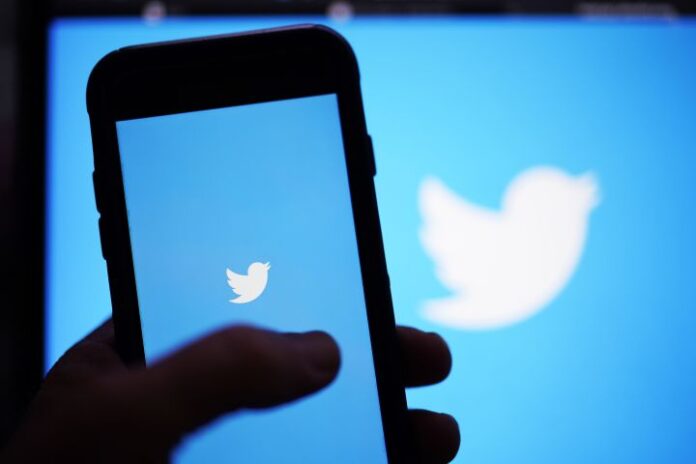An analysis of over six-million tweets and retweets — and where they originate from — has found that Canada is being targeted by Russia to influence public opinion here.
The study by the University of Calgary’s School of Public Policy found that huge numbers of tweets and retweets about the war in Ukraine can be traced back to Russia and China, with even more tweets expressing pro-Russian sentiment traced to the United States.
Assistant professor Jean-Christophe Boucher said in an interview that the Russian “state apparatus” is associated with many accounts tweeting in Canada, and is influencing posts that are retweeted, liked or repeated by different accounts again and again.
READ MORE: Canadian intelligence flags Russian disinformation campaigns amid Ukraine war
The tweets commonly express pro-Russian talking points, including that Ukraine is a fascist state or that NATO wants to expand, posing a threat to Russia.
The team of experts at the University of Calgary analyzed 6.2 million tweets from around the world and applied algorithms to trace their origins.
Misinformation station: Russia propaganda broadcaster buys its way onto U.S. airwaves – May 10, 2022
It profiled accounts tweeting and retweeting remarks including key terms associated with the war in Ukraine. A location filter was applied narrowing it down to tweets associated with Canadian Twitter profiles.
The team then established connections between accounts and mapped out online conversations about the war.
Algorithms identified clusters and main influencers in Canada and abroad who were promoting pro-Russian narratives.
Trending Stories
Grocery chain Empire joins ownership group behind Scene+ loyalty program
Trudeau mum over Biden’s move to exclude ‘less like-minded’ countries from summit
It found in “the Canadian Twitter ecosystem” discussing the war, around 25 per cent of the accounts were spreading pro-Russian talking points.
Boucher warned that some accounts were “Trojan horses,” with some Canadians unaware the pro-Putin narratives trace their origins back to Russia, China or right-wing influencers in the U.S.
The analysis of the content of the tweets found similar pro-Russian views expressed among right-wing figures and their supporters in the U.S. and Canada, he said.
He said supporters of the “Freedom Convoy” and anti-vaccine movement, some of whom may not realize they have been digesting messaging originating from Russia, were also tweeting messages in support of the invasion of Ukraine.
READ MORE: ‘Freedom convoy’ forums find new focus: disinformation about Russia-Ukraine war
A lot of the tweets in pro-Russian social media conversations also express mistrust of institutions and “a specific mistrust of Canada’s Liberal government, and especially of Prime Minister (Justin) Trudeau,” the report found.
Trucker protests: Police deemed Ottawa convoy national security threat week before Emergencies Act – Mar 24, 2022
Boucher said “foreign interference in the Canadian information space” is now so pervasive it is sowing distrust in Canada’s democratic institutions, including the federal government and mainstream media.
“Social media has more and more been able to shape people’s view. It weakens our democratic resiliency,” he said.
He said though foreign bots were being used to spread misinformation on social media, their role was often exaggerated.
Influencers with millions of followers — including in the U.S. — had a broader reach on Twitter than bots and “are retweeting and amplifying Russian narratives.”
The academic found U.S. influencers were tweeting pro-Russian remarks. Some of those posts were, in turn, being retweeted by accounts associated with the Russian state.
Boucher said since completing the study, his team had gathered an additional four million tweets about the Ukraine war, bringing the total to 10 million tweets, and the number was growing.
Boucher said “the path of influence” of many pro-Russian tweets can be traced back to accounts “associated with Russia, including the Russian state apparatus.”
He said “Russian accounts retweet and amplify” pro-Russian tweets in the US and elsewhere.
“We have the state apparatus in Russia and China promoting propaganda.”
© 2022 The Canadian Press



